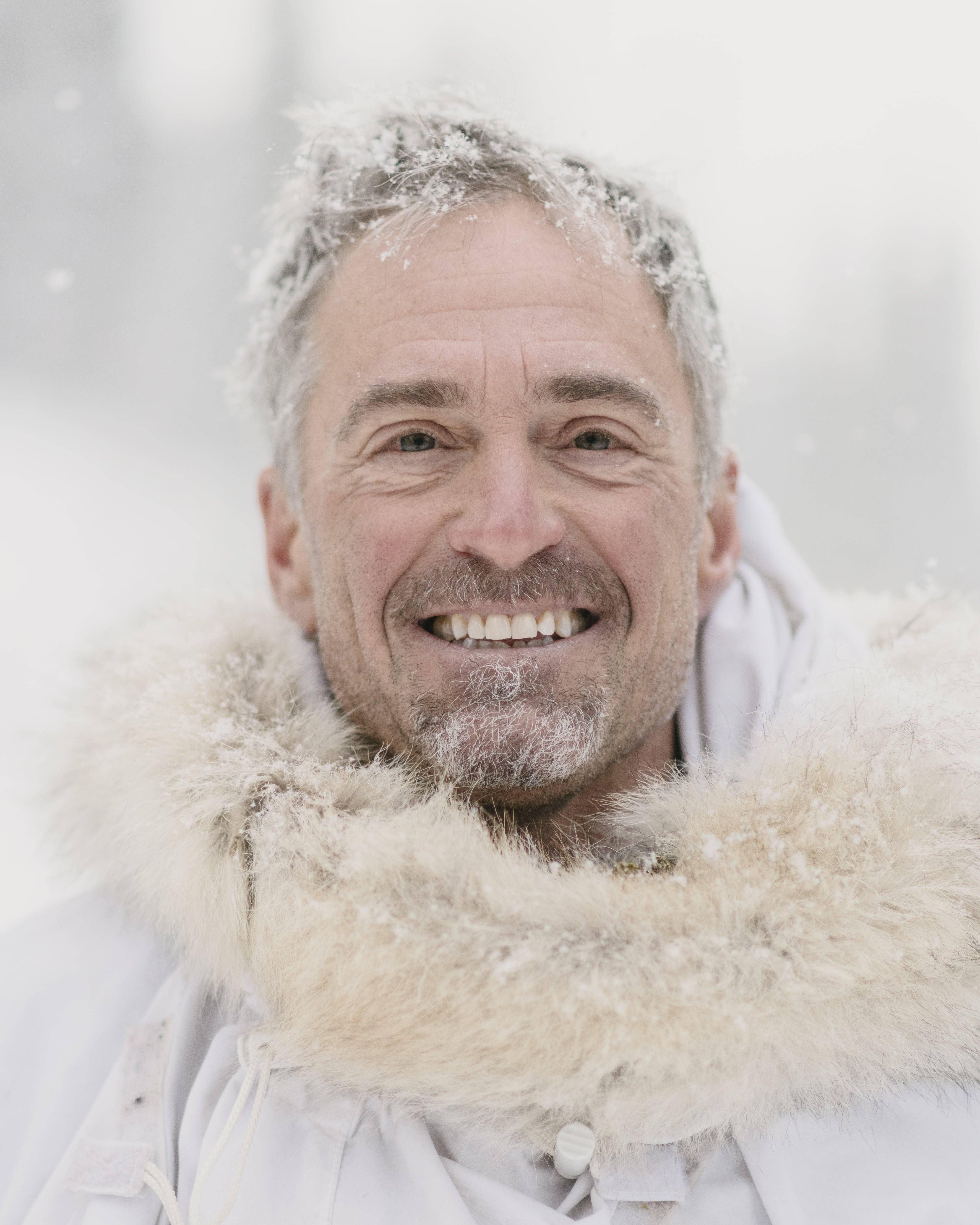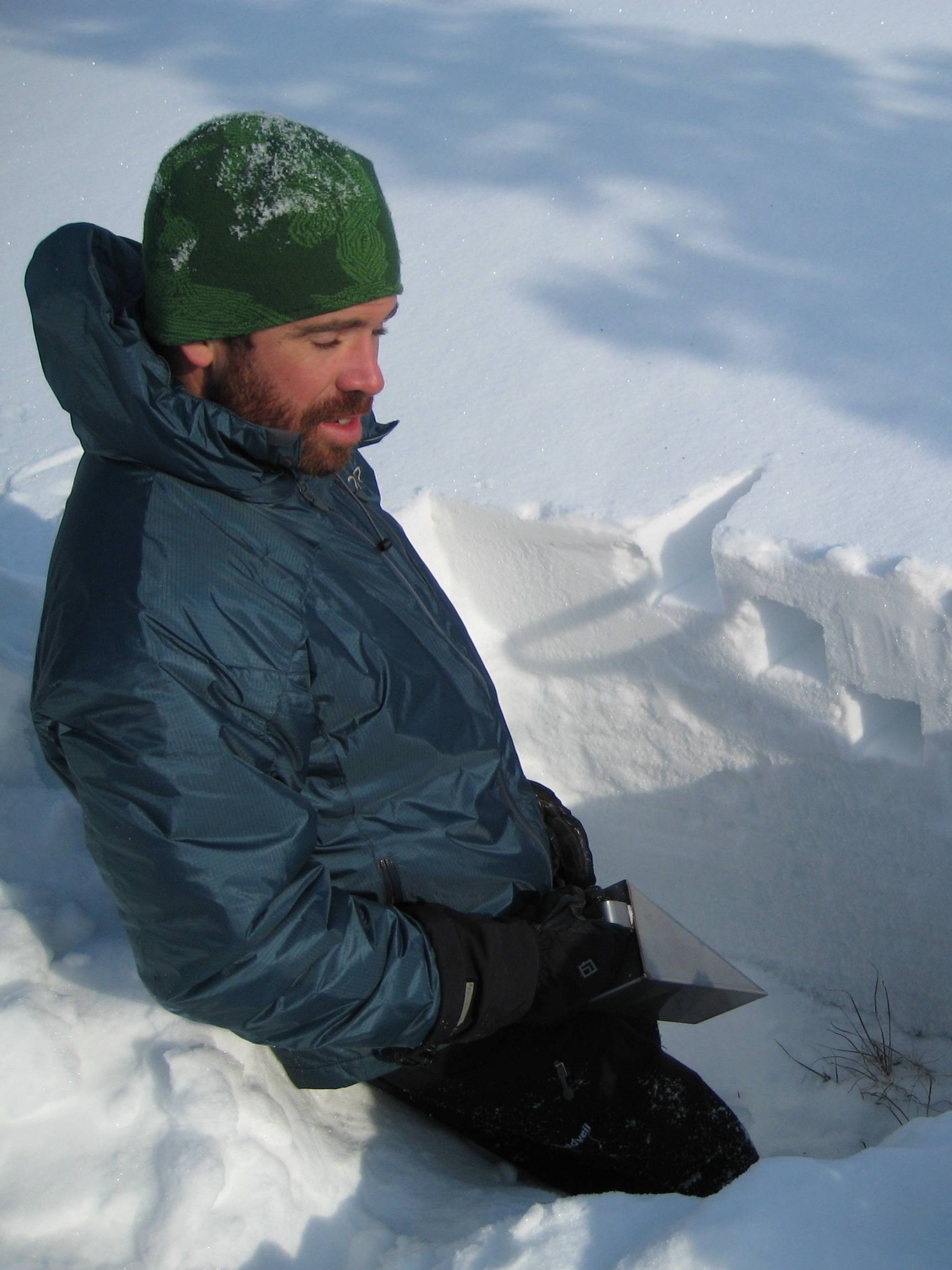Caribou and the Arctic on Uncertain Ground


Author/Photographer Seth Kantner and UAA Ecologist Paddy Sullivan
Wednesday, October 30, 2024 ¦ 6:30 PM ¦ UAA Fine Arts Recital Hall
Join Author/Photographer Seth Kantner and UAA Ecologist Paddy Sullivan as they share their unique perspectives, stories and photographs of dramatic changes they have observed while living and working in northwest Alaska. Topics include living with caribou, decline of the Western Arctic Herd, sea ice retreat, changes in climate, thawing permafrost, proliferation of trees and shrubs, stream degradation, and other related issues.
Livestreaming Tickets: Alaska Sealife Center, Seward, AK
Other Livestreaming Locations: Kenai Peninsula College
About Seth Kantner
Seth Kantner was born and raised in the wilderness of northern Alaska and homeschooled on the land. He has worked as a trapper, commercial fisherman, wilderness guide and adjunct professor, and has spoken nationwide and in Canada. He is a Whiting Award winner for his debut novel Ordinary Wolves, which also won the Milkweed National Fiction Prize, the Pacific Northwest Booksellers Award, Publishers Weekly Best Books, and other awards. His fifth book and most recent release, A Thousand Trails Home: Living with Caribou, received the National Outdoor Book Award and others. His writing and wildlife photographs have appeared in The New York Times, Smithsonian, Reader’s Digest, Outside and other publications and anthologies, and he has been a columnist for Orion and the Anchorage Daily News. Kantner attended the University of Alaska and University of Montana, where he earned a BA in journalism. A commercial fisherman for five decades, he divides his time between the Kobuk River and the Arctic coast.
About Paddy Sullivan
Dr. Paddy Sullivan, Director of the Environment and Natural Resource Institute (ENRI) came to the University of Alaska Anchorage in 2005 as a Postdoctoral Fellow. When finishing his PhD, Dr. Sullivan applied for a post-doctoral fellowship to research changes in the treeline of the Brooks Range of northern Alaska. Dr. Sullivan chose UAA as his host institution, and he has been a research scientist with ENRI ever since, eventually becoming the Interim Director of ERNI in 2016 and permanent director in 2022.









